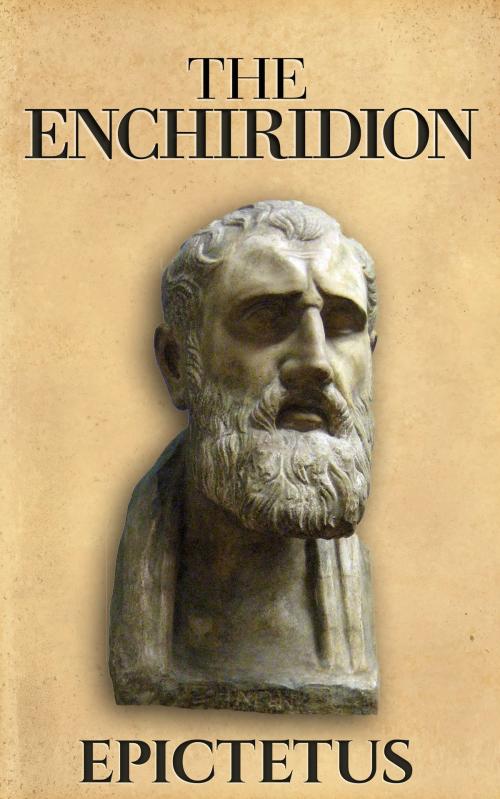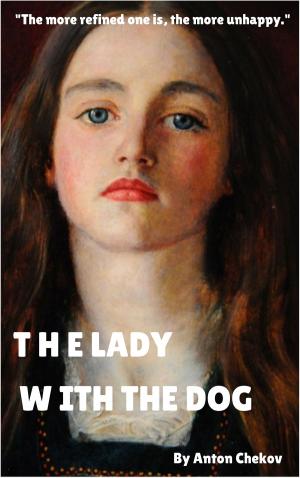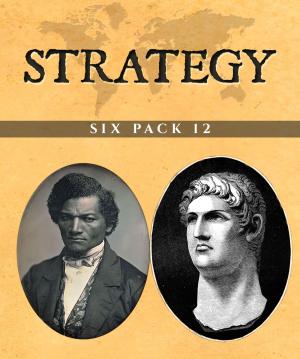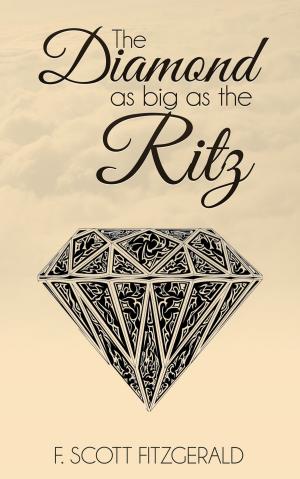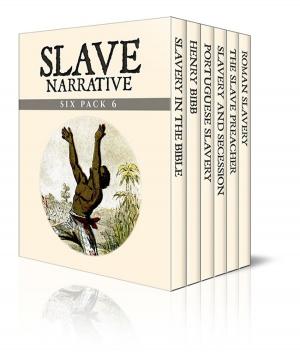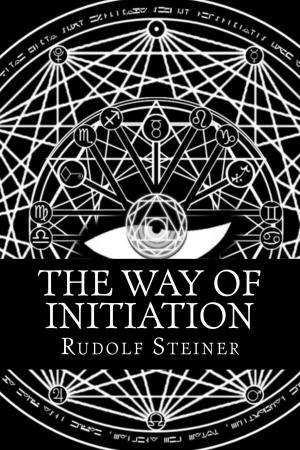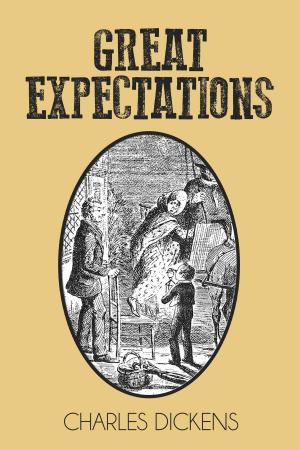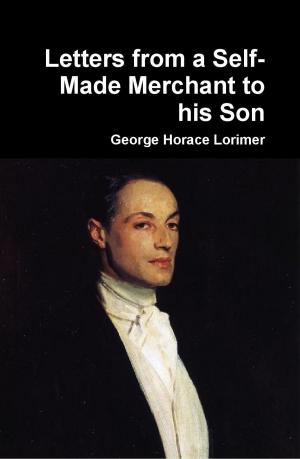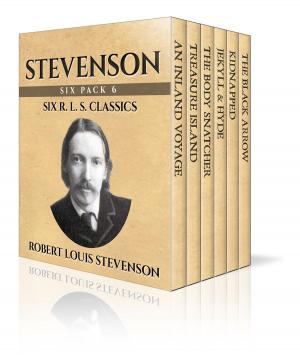The Enchiridion
Nonfiction, Religion & Spirituality, Philosophy, Free Will & Determinism, Ancient, Mind & Body| Author: | Epictetus | ISBN: | 1230000279928 |
| Publisher: | Enhanced E-Books | Publication: | November 13, 2014 |
| Imprint: | Language: | English |
| Author: | Epictetus |
| ISBN: | 1230000279928 |
| Publisher: | Enhanced E-Books |
| Publication: | November 13, 2014 |
| Imprint: | |
| Language: | English |
"No man is free who is not master of himself."
“Of all existing things some are in our power, and others are not in our power.”
The Enchiridion or ‘Manual’ of Epictetus is a short manual of Stoic ethical advice from the 2nd-century Greek Stoic philosopher Epictetus. The focus is on applying philosophy in daily life. The primary theme is that one should accept what happens.
The manual has played a significant role in the rise of modern attitudes. Once translated into the vernacular languages, it became a bestseller among independent intellectuals, especially anti-Christian thinkers and among philosophers of a subjective cast. Montaigne had a copy of The Enchiridion among his books. Frederick the Great carried the book with him on all campaigns. It has been studied and widely quoted by Scottish philosophers like Francis Hutcheson, Adam Smith, and Adam Ferguson who valued Stoic moral philosophy for its reconciliation of social dependency and personal independence.
The Enchiridion, along with the Meditations of Marcus Aurelius and Seneca’s Letters From A Stoic, is one of three key texts from which the modern world knows Stoicism.
*This special edition includes an image gallery and a dynamic table of contents.
"No man is free who is not master of himself."
“Of all existing things some are in our power, and others are not in our power.”
The Enchiridion or ‘Manual’ of Epictetus is a short manual of Stoic ethical advice from the 2nd-century Greek Stoic philosopher Epictetus. The focus is on applying philosophy in daily life. The primary theme is that one should accept what happens.
The manual has played a significant role in the rise of modern attitudes. Once translated into the vernacular languages, it became a bestseller among independent intellectuals, especially anti-Christian thinkers and among philosophers of a subjective cast. Montaigne had a copy of The Enchiridion among his books. Frederick the Great carried the book with him on all campaigns. It has been studied and widely quoted by Scottish philosophers like Francis Hutcheson, Adam Smith, and Adam Ferguson who valued Stoic moral philosophy for its reconciliation of social dependency and personal independence.
The Enchiridion, along with the Meditations of Marcus Aurelius and Seneca’s Letters From A Stoic, is one of three key texts from which the modern world knows Stoicism.
*This special edition includes an image gallery and a dynamic table of contents.
